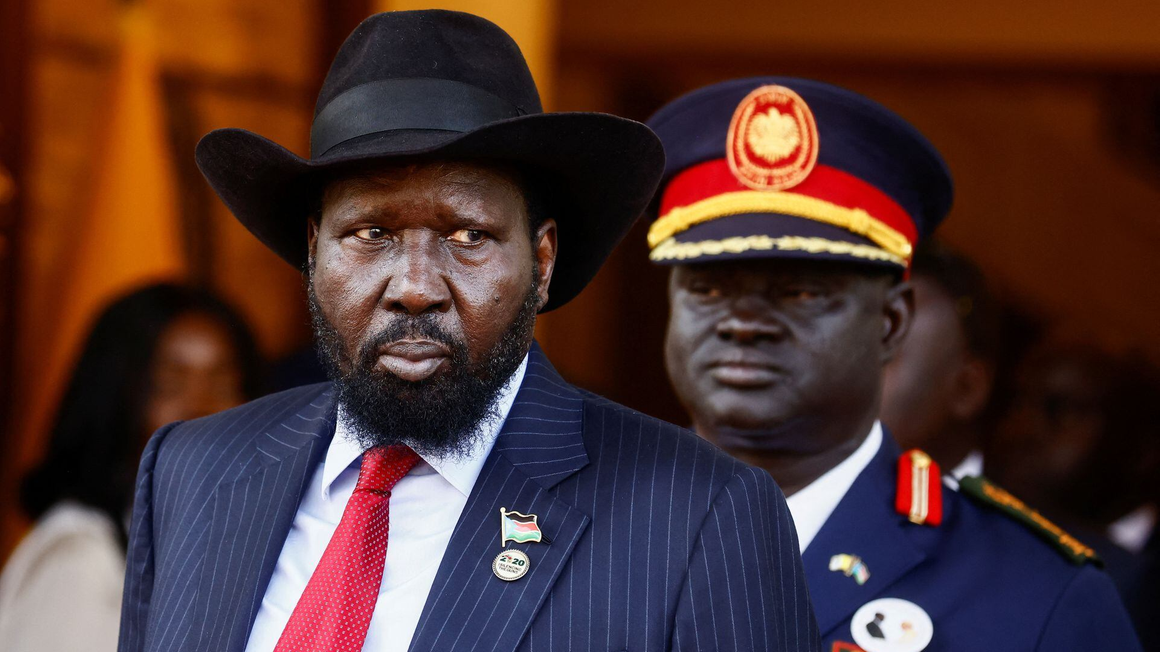South Sudan President Salva Kiir Mayardit on Thursday, through a presidential decree, dismissed his long-time intelligence chief and appointed him as the governor of his home state.
Lt Gen Akol Khoor, who led the National Security Service’s (NSS) Internal Security Bureau, was replaced by former Warrap State governor Lt Gen Akec Tong Aleu.
In a separate decree, Gen Akol was reappointed as the governor of Warrap State, replacing Kuol Muor.
The move has sparked mixed reactions online, with many expressing surprises at the president’s decision, while others commended his frequent use of decrees to shuffle officials.
Kiir, the country’s president since independence, has often exercised his constitutional powers to appoint and dismiss officials, sometimes only a few months after their appointment. Governors, national ministers, and other constitutional post holders have been frequent targets of such reshuffles.
The Undersecretary of the Ministry of Trade was recently also dismissed after only 22 days in office — having been appointed on August 21 and removed on September 10, 2024.
The newly appointed head of the NSS Internal Bureau, Lt Gen Akec Tong, is no stranger to strategic positions within Kiir’s administration.
Meanwhile, the NSS which was established in 2011, has been controversial particularly after the enactment of the 2014 NSS Act that granted the agency broad powers of arrest, detention, search, and seizure without sufficient civilian or judicial oversight, according to Human Rights Watch.
The NSS’s notorious Juba-based facility, commonly known as the “Blue House,” has housed government critics and civil society activists, including Peter Biar Ajak, who fled to the United States, citing threats to his life.
Businessman Kerbino Wol, another prominent detainee, was killed years ago in Lakes State by government forces after launching an armed movement, the October 7 Movement, to advocate for marginalised citizens’ rights.
Amnesty International and other human rights organisations have long documented cases of arbitrary detention, torture, and other forms of mistreatment by the NSS. Detainees are often held without access to legal representation or contact with their families.
The NSS’s influence is said to extend beyond South Sudan’s borders, with its spy network allegedly operating across East Africa.
One of the most high-profile cases was the 2017 forced disappearance of Dong Samuel Luak and Aggrey Idri, who were abducted in Nairobi, Kenya, and later killed in South Sudan, as concluded by a UN Panel of Experts.

